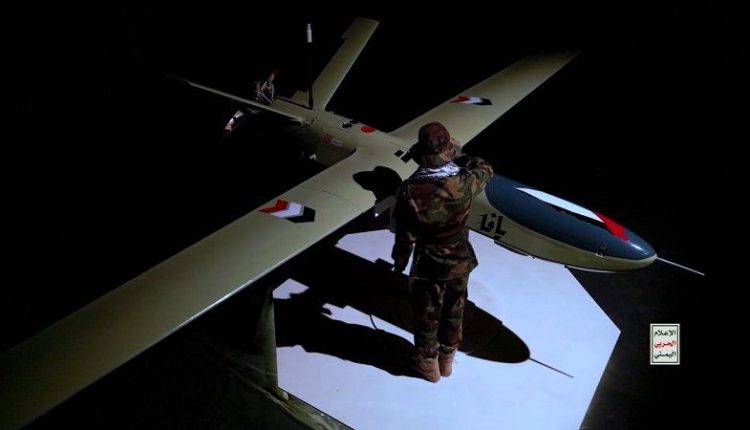Hezbollah has completed its response to the Israeli enemy after weeks of preparation, leaving both Israel and the U.S. in a state of fear, anxiety, and anticipation. This state of panic will not subside, as Hezbollah has kept its account with the enemy open while continuing its operations in support of Gaza. Meanwhile, the region watches and waits for Iran’s response to the assassination of senior Hamas leader Ismail Haniyeh in Tehran, and for Yemen’s retaliation to the aggression in Hodeidah. The wisdom in staggering these responses lies in keeping the enemy in a prolonged state of exhaustion and uncertainty, drawing it to its limits.
Preparations are well underway for the Yemeni response, and its course is clear, as reiterated by Sayyid Abdul-Malik Badruldeen al-Houthi, leader of Ansar Allah, during his speeches. He emphasized that the timing will surprise the enemy, by Allah's will.
The response is inevitable and indisputable. Yemen has no political ceilings or considerations that could influence the nature, scale, or timing of its retaliation, nor the selection of targets. The Yemeni Armed Forces will not hesitate or spare any effort in inflicting pain on the enemy, and the impact on the enemy will be proportional to their actions, matching the nature of their aggression.
For Yemen and its people, as expressed by their leader, the primary concern is not merely the act of retaliation, but something greater: the relentless efforts to elevate operational support for Palestine to even more impactful levels. This implies that Yemen is preparing for an open-ended battle, especially given the likelihood of renewed Israeli attacks on Yemen’s vital and economic infrastructure, which would demand an urgent and decisive response.
The burning images of the "Sounion", an oil tanker carrying one million barrels of oil and operated by a company linked to the Zionist entity, were enough for Yemen to declare its fulfillment of the promised response to the Israeli attack on the oil storage facilities in Hodeidah. These facilities had been set ablaze in massive fires, which Netanyahu touted as a propaganda victory. However, Yemen’s focus is on imposing a blockade on occupied Palestinian ports, with the condition for halting its operations being the cessation of aggression and the lifting of the blockade on Gaza.
At this stage, crucial questions arise: Why has the Yemeni response been delayed? When can it be expected, and what will it entail?
The delay is both tactical and necessary. The enemy’s forces, along with their American, Western, and Arab allies, are on high alert, deploying all available resources to intercept missiles or drones coming from Yemen, Iran, or Iraq. This situation demands careful maneuvering and the search for vulnerabilities in the layers of defense surrounding Israel.
As for the timing of the strike, it is believed that the moment is near, potentially tied to the celebrations of the Prophet’s birth, an occasion that has historically marked significant milestones for Yemen over the past decade. Beyond military and security messages, there is a deeper message to be conveyed to the enemies of our Muslim nation: the unwavering commitment to the Prophet, his path, and the defense of Islamic sanctities. Supporting Palestine and its fighters is both a religious and moral duty, rooted in responding to Allah and His Messenger.
Historically, Yemen has marked the Prophet’s birth with significant military operations, primarily targeting Saudi Arabia and the UAE, the two main pillars of U.S.-backed aggression against the Yemeni people. This year’s celebration could signal a shift, closing the chapter on regional Zionist-aligned proxies, as local proxies have already been neutralized. A new era of jihad could begin, directly confronting the leaders of global arrogance and oppression.
Ultimately, Yemen’s response is no longer only confined to Israeli aggression in Gaza and the genocidal war crimes committed there. It is now a matter of national sovereignty and dignity, as well as a religious, humanitarian, and ethical obligation. The forthcoming response will mark the end of one phase and the beginning of another in the ongoing struggle against the Israeli enemy, with the ultimate goal of liberating occupied Arab lands and restoring sacred sites with the help of Allah Almighty.







